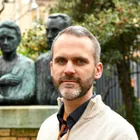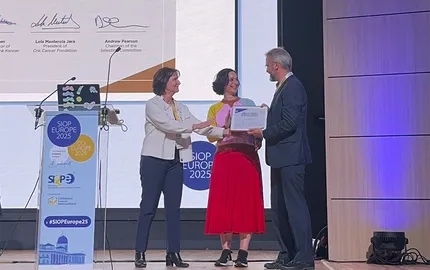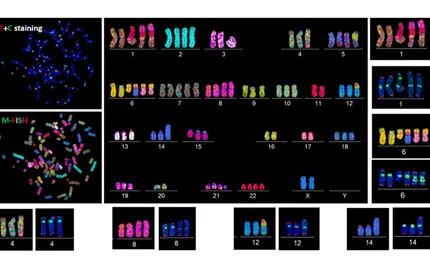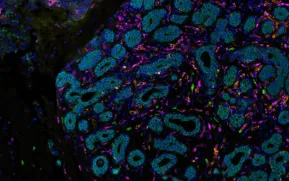Presentation

Our team is interested in the dynamic interactions between tumors and the immune system. We focus on developing new genome-scale technologies and computational approaches in close collaboration with colleagues in chromatin biology, immunology, and the clinical center. Our primary approach is bedside-to-bench: profiling patients with unique clinical phenotypes such as rare diagnoses, familial predispositions, exceptional therapeutic response, or unusual comorbidities. Current activities are particularly focused on integrating single cell approaches such as scRNA-seq, scATAC-seq, and scTCR-seq as well as identifying novel tumor antigens with a priority for projects of direct clinical and translational impact.
Highlighted projects:
Immune cell fate commitment and plasticity in tumor microenvironment
We have a significant interest in direct characterization of the infiltrating immune cell populations, especially T cells, in cancers. We are integrating scRNA-seq, scATAC-seq, and scTCR-seq for identifying tumor specific clones, their expression phenotypes, and the cis-regulatory elements driving differential expression. We use both immunocompetent mouse models as well as biopsies and surgical resections from patients with a range of tumor types.
Non-genetic mechanisms of tumor immunogenicity
Somatic mutation burden clearly plays a role in immune recognition of many tumor types, including cutaneous melanoma, non-small cell lung cancer, and tumors with mismatch repair deficiencies. To better understand non-genetic mechanisms of immunogenicity, we are studying the infiltrate of several types of lowly mutated tumors, primarily pediatric cancers. In parallel, we are also analyzing large public data sets from projects such as TCGA, GTEx, TARGET, and ICGC to identify recurrent tumor specific transcripts that may serve as novel tumor antigens.
Transposable element de-repression in cancer
Transposable elements such as endogenous retroviruses are typically silenced by heterochromatin pathways in somatic tissues. We are investigating the genomic correlates of de-repressed transposable elements in diverse tumor types and the mechanisms by which they stimulate both innate and adaptive immune pathways.
Sarcoma profiling
Sarcomas are a heterogeneous collection of rare cancers arising from mesenchymal cell lineages. The Institut Curie is a major reference center for the study and treatment of these tumors. We are using both bulk DNA, RNA, and DNA methylation profiling as well as single cell technologies to characterize the diversity of these tumors, particularly with respect to subsets that show significant immune infiltration.













